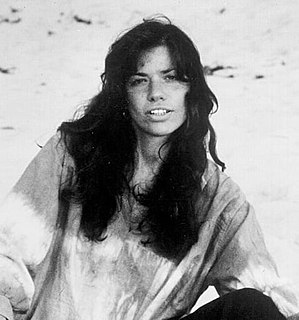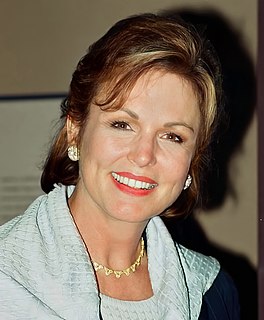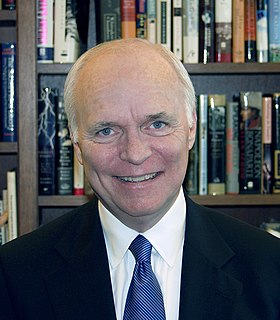A Quote by A. R. Rahman
I follow a simple formula when I compose. I ask myself, 'What would the audience want to hear?' and 'Why would they buy my CDs?' And the process of answering these questions through music follows. Sometimes, it works. Sometimes, it backfires.
Related Quotes
I can only be as good as [the audience members] at acknowledging and owning the information that's coming through ... and sometimes, nobody comes through.... One of the things that I've learned is that I am not an operator and I can't dial direct, ... and even if I do make the connection with the person they want to hear from, there's no guarantee that they're going to come through and tell them what they want to hear.
Developing characters is a collective process, on one hand; it's an individual process on the other. The truth is rarely pure and never simple, as dear Oscar Wilde would say. A great of it, of course, is, you collect as much information as you can and then you put it into the mulberry of your mind and hope that you come up with a decent wine. Sometimes you do; sometimes you don't.
In general, questions are fine; you can always seize upon the parts of them that interest you and concentrate on answering those. And one has to remember when answering questions that asking questions isn't easy either, and for someone who's quite shy to stand up in an audience to speak takes some courage.
I make some movies for myself. I do that sometimes when the subject matter is very sensitive and very personal and I really can't imagine that I'm an audience member. I would lose myself too much if I thought of myself as the audience. There are other types of genre films that I need to be able to direct from the audience, to be right next to you watching the picture being made.



































